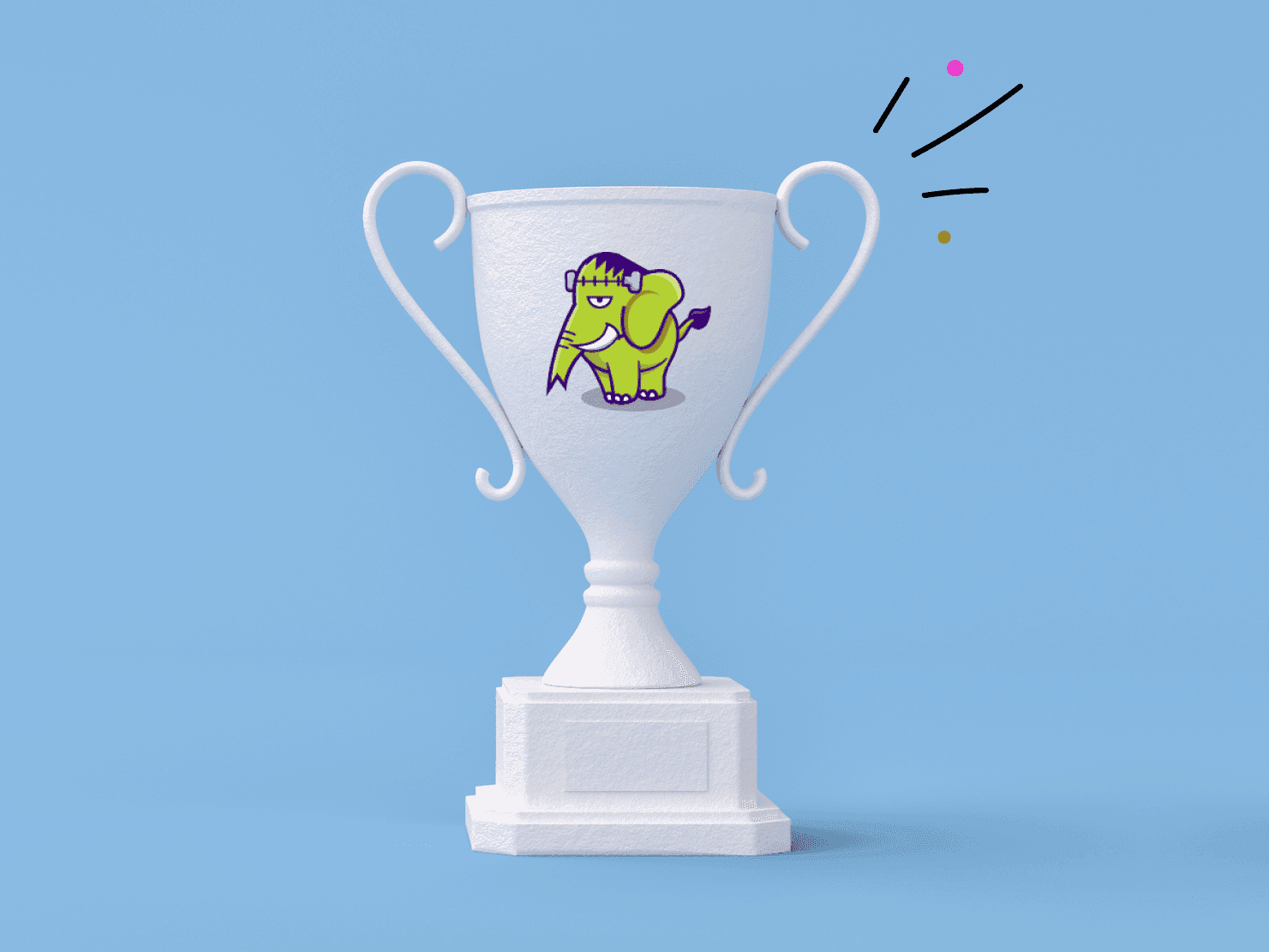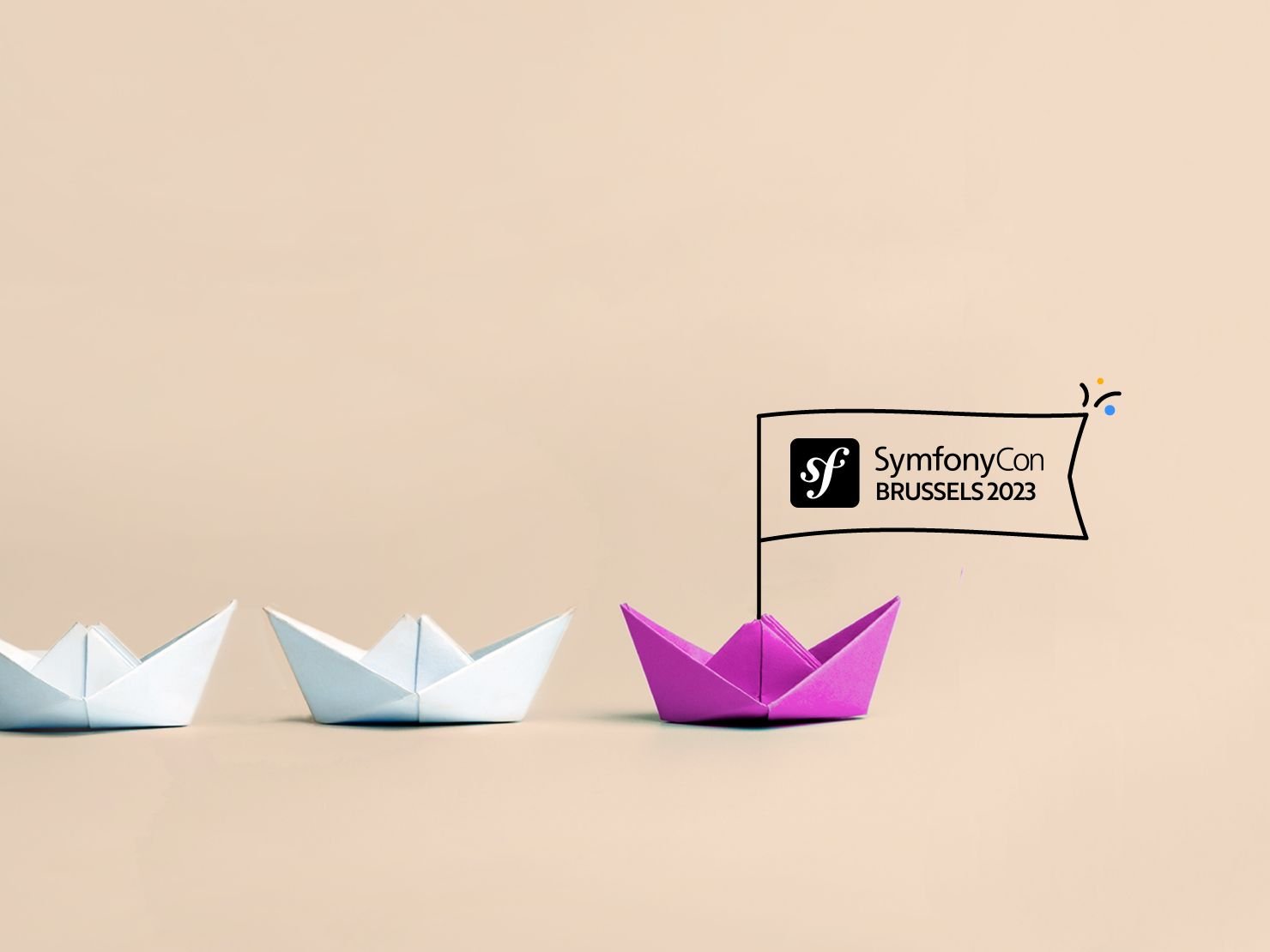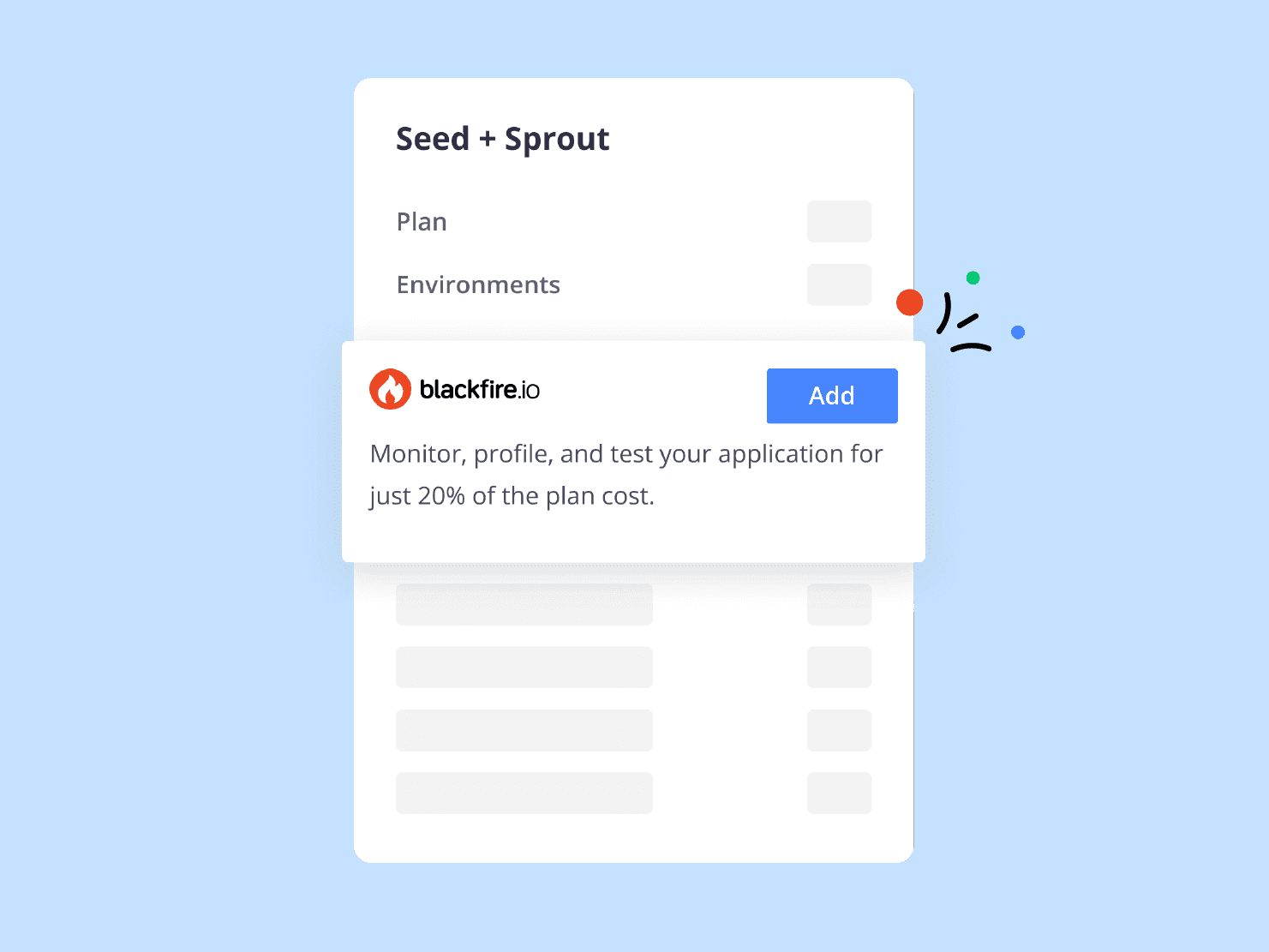Gault & Millau is a French dining guide founded in 1972. Today, it lists restaurants and provides growing support for innovation in gastronomy. Gault & Millau has always used its expertise to promote new talents and young chefs. It is now present in 15 countries and is in constant evolution, focusing on the analysis, inspection and selection of the highest quality artisans, producers, hotels, wines, wineries and champagnes. The guide also includes all sorts of new domains, such as rum, and an encyclopedia of flavor that categorizes every possible ingredient that exists.
In addition to its guide, Gault & Millau offers B2B certification services, which consist of analyzing and validating the nutritive and organoleptic values of certain products for major brands that are seeking certification. Gault & Millau also has several event-related business activities, particularly partnerships with major brands.
These activities required that Gault & Millau websites be fully redesigned, to support the company's growth and continue providing high-quality services. That's what launched a digital revolution. The update didn’t concern only the backend technology, frontend technology or database. It was all three at once, as well as the infrastructure.
For this large-scale migration, Gault & Millau, which initially operated a single-page application, shifted to a more standard web architecture design. There were also native mobile apps that were turned into PWAs. The original database, which was relational, became a NoSQL database. The company's backend went from Python/Django to Symfony, while the frontend went from Angular to Symfony/Twig/Bootstrap to be responsive and compatible with all devices.
At the very beginning of this migration and transformation project, Gault & Millau's technical team discovered Platform.sh via SensioLabs, creators of Symfony and web development experts. When the time came for the redesign, SensioLabs organized a cloud infrastructure workshop with Gault & Millau before setting up the servers. The workshop led to the creation of an infrastructure optimized with Symfony that follows development best practices. Platform.sh then allowed the team to create dynamic environments that were easy to pilot, expandable and scalable. Even though Gault & Millau was only working with SensioLabs at the time, the Platform.sh team was called upon for the onboarding phase, providing timely support.
“It's cost-effective.”
Deploying this new infrastructure and organization, and taking advantage of SensioLab's support from the very beginning of the project, has made Gault & Millau extremely agile. A correction or change request can now be tested and deployed within an hour. Before, requests had to be transmitted to offshore teams and executed with a different set of tools, a fairly cumbersome process that often took weeks.
Today, the team is truly agile in terms of the technology it's using and its needs. It's important for the team to move fast and be able to react quickly. Requests for changes and tests are received every day.
Gault & Millau's primary goal for this migration was to be able to manage various country-specific websites by subdomain and standardize them worldwide. The main difficulty with the project was the management and use of data, which is strictly separated by country. Each country is a licensee with its own right to use the brand, its own market, and its own data.
Managing certificates and subdomains by country was the biggest challenge, since the scale is then shifted to that of a multisite project. Thanks to Platform.sh's onboarding team, everything was set up within a few days. The process wasn't complicated in terms of infrastructure, since it only involves one application and one database. The back office was the largest piece to manage, with all the data, while the front office was managed by subdomain in multiple languages with translations.
Another important change the company experienced with the shift to Platform.sh was the savings in terms of time and teams. Once a foundation was set up for all the country-specific websites, it became much faster and easier to update various elements and standardize the sites. The goal was to avoid hiring more personnel. Although the team wasn't necessarily trained in DevOps, it was able to handle everything internally, which was an essential requirement. Even regular developers were able to master the console and understand the Platform.sh tools, which has made them fully independent.
Lastly, the most important aspect of Gault & Millau's country-specific website development was scalability. Being able to deploy services just by modifying the configuration file is very practical, and allows its team to move quickly throughout the process, optimizing time and resources.
 Switching to Platform.sh can help IT/DevOps organizations drive 219% ROI
Switching to Platform.sh can help IT/DevOps organizations drive 219% ROI Organizations, the ultimate way to manage your users and projects
Organizations, the ultimate way to manage your users and projects




